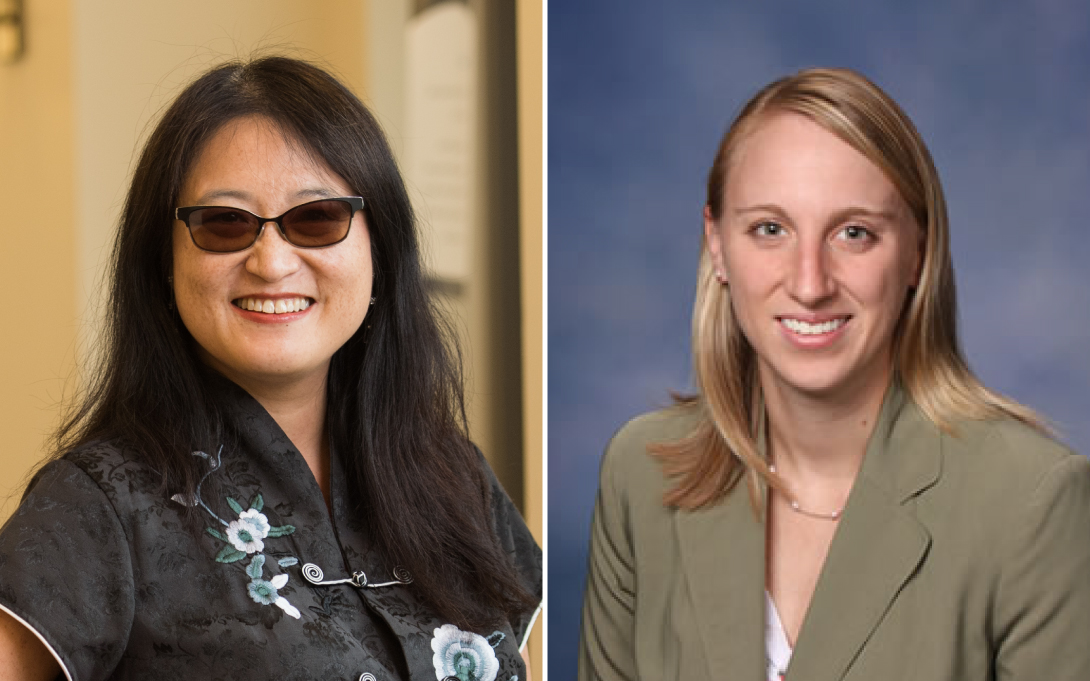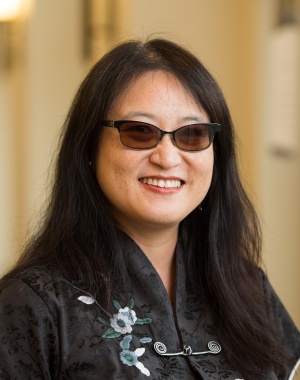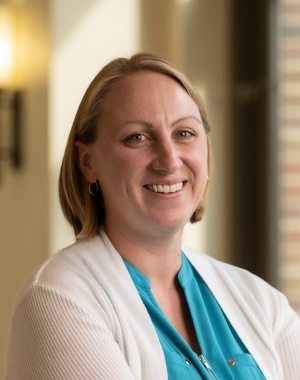
Two Ford School faculty have been named inaugural recipients of the Public Engagement Faculty Fellowship, managed by the Center for Academic Innovation. They were among 18 University of Michigan faculty members from across campus. The fellowship aims to help faculty strengthen their public engagement skills, connect with a community of experienced faculty and public engagement professionals at U-M, and develop innovative projects to serve the public good with support from the Center for Academic Innovation and other campus units. The fellows will complete an intensive Studio Experience in which they will meet as a group and with experts across campus to build skills, develop relationships, and share experiences to engage the public.
“Public research universities have enormous potential to improve our world. U-M’s Public Engagement Faculty Fellowships foster skills that help our faculty use their expertise to serve the public good. I applaud the inaugural class of fellows and the Center for Academic Innovation for their commitment to impactful engagement that advances U-M’s public mission,” said President Mark Schlissel.
Ann Chih Lin, associate professor of public policy at the Ford School was named a “Mentor Fellow,” recognizing her previous experience in public engagement. She says the fellowship will allow her “to learn more about how to make information accessible and interesting to audiences. I also hope to develop a strong personal voice on immigration and other types of social policy, one that blends academic knowledge with my personal convictions and values.”
Stephanie Leiser, a lecturer in public policy at the Ford School, says the fellowship will enhance her work at the Center for Local, State and Urban Policy. “With the support of CLOSUP, this past year I started the "Local Fiscal Health Project," which is aimed at developing a deeper understanding of the fiscal health and fiscal challenges of local governments in Michigan. In particular, we're taking advantage of insights from the Michigan Public Policy Survey, which has highly-detailed longitudinal data on local government conditions. I hope to use the Public Engagement Faculty Fellowship to explore ways to integrate public engagement into this project going forward so that we can find better ways to respond to community needs and inform our research. I'd especially like to focus on issues of smaller and more rural governments, which have been relatively under-studied compared to urban areas.”
Fellows who successfully complete the Studio Experience may propose an ambitious public engagement project and be eligible for up to $10,000 in funding and in-kind support from Academic Innovation and other units on campus.
Ann Chih Lin is Associate Professor of Public Policy at the Ford School. Dr. Lin studies policy implementation: the provisions that make policy easy or difficult to implement, the beliefs and behavior of people who implement policies, and the reactions of those who are targeted by policy. She is currently studying potential immigration policies, such as guestworker programs and legalization, and the political beliefs of American immigrants, with a specific focus on Arab Americans. She received her Ph.D. in political science from the University of Chicago in 1994 and was the 1992-93 Robert W. Hartley Fellow in Governmental Studies at The Brookings Institution in Washington, D.C. Prior to receiving her Ph.D., Dr. Lin was a social worker at Covenant House in New York City, and a member of the Covenant House Faith Community.
Stephanie Leiser is a lecturer at the Ford School, and she leads CLOSUP’s new Local Fiscal Health project. Her general area of interest is in public finance, budgeting, and financial management, and she has particular expertise in state and local tax policy, business taxation and incentives, and local government fiscal health. She was previously a lecturer at the Daniel J. Evans School of Public Policy and Governance at the University of Washington, where she earned her PhD in 2014. Stephanie has taught courses in public budgeting and financial management, tax policy, nonprofit financial management, and microeconomics. A Ford School alum (MPP '05), she has also worked as a tax policy analyst for the Michigan legislature and continues to be involved in state and local fiscal policy in Lansing.

